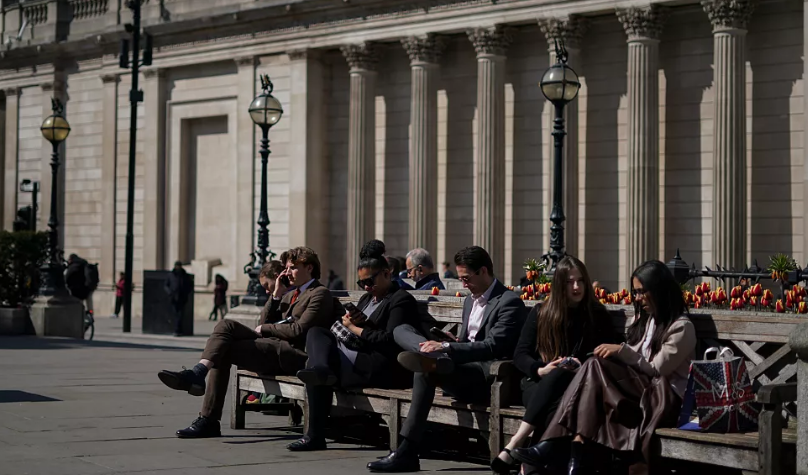The Bank of England has reduced its main interest rate by 25 basis points to 4.25%, in a widely anticipated move aimed at insulating the UK economy from growing global risks, particularly those stemming from escalating US trade policies.
The decision, announced on Thursday after a two-minute silence marking Victory in Europe Day, comes amid mounting concerns that the protectionist stance of the Trump administration could slow global growth and weigh on British exports.
Economists had largely forecast the rate cut, the third since August 2024, as the Monetary Policy Committee (MPC) continues its steady path of quarterly reductions from the 16-year high of 5.25%. The move reflects the central bank’s increasing focus on shielding the economy from external shocks rather than responding to domestic inflation alone.
UK inflation currently stands at 2.6%, above the Bank’s 2% target. However, policymakers appear to be prioritising the risk of a broader economic slowdown, with global trade disruptions and a potential US-China trade war adding new layers of uncertainty.
The Bank’s decision coincides with expectations of a US-UK trade deal, set to be unveiled later today. President Donald Trump described the forthcoming agreement as “full and comprehensive” in a post on his Truth Social platform, claiming it would “cement the relationship between the United States and the United Kingdom for many years to come.”
The agreement is likely to ease some of the strain imposed by recent US tariffs, which had sparked market volatility and prompted temporary suspensions of duties, including a 10% baseline tariff on UK goods. While the 90-day pause in tariffs has provided some relief, economists remain cautious about the longer-term implications of the US’s aggressive trade posture.
“There have been early signs that the MPC is willing to adopt a more proactive approach to loosening policy,” said Edward Allenby, UK economist at Oxford Economics, ahead of the rate announcement. “US trade policy presents a new demand shock, and the Bank appears to be responding accordingly.”
Other global central banks are taking similar action. The European Central Bank also cut rates last month, while the US Federal Reserve opted to hold steady on Wednesday, awaiting clearer signs of how Trump’s tariffs might impact the American economy.
Global inflation, once driven by pandemic-era disruptions and the fallout from Russia’s invasion of Ukraine, has receded significantly. However, few economists expect a return to the ultra-low interest rates that prevailed in the years following the 2008 financial crisis and during the COVID-19 pandemic.


